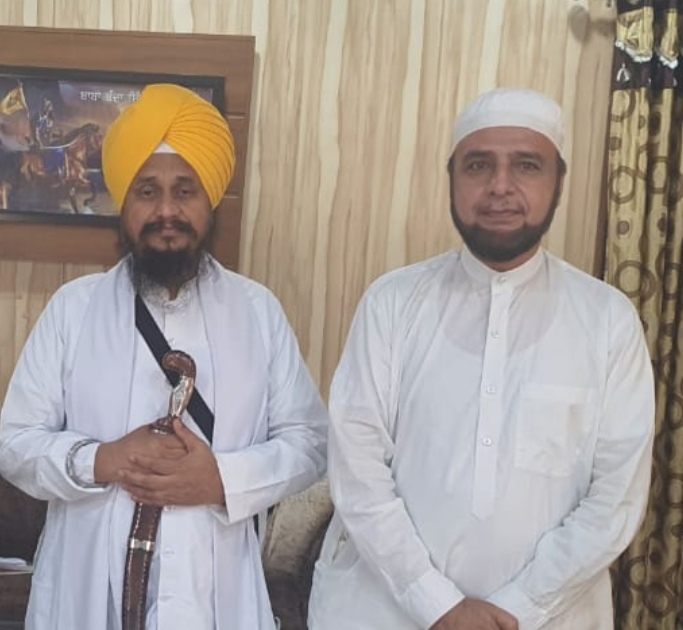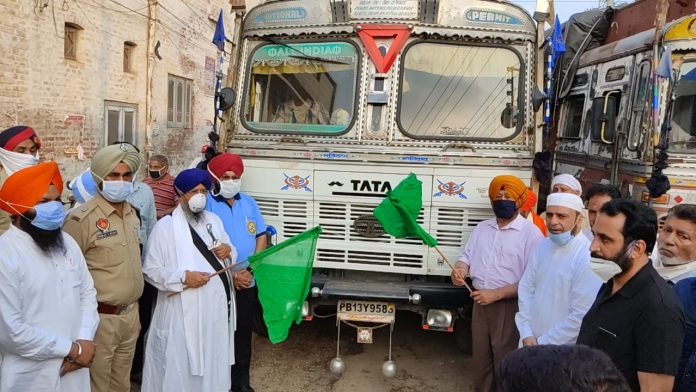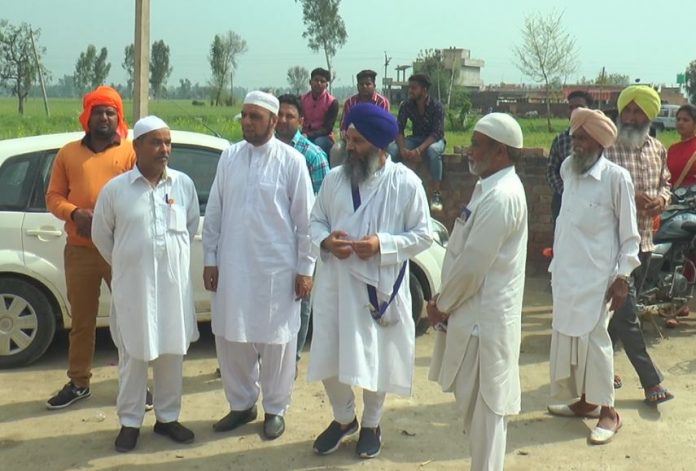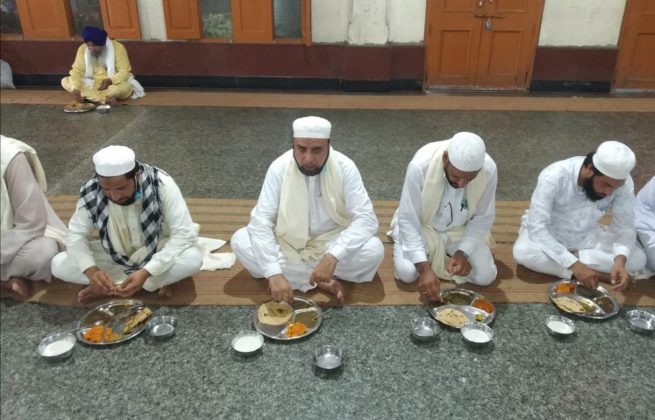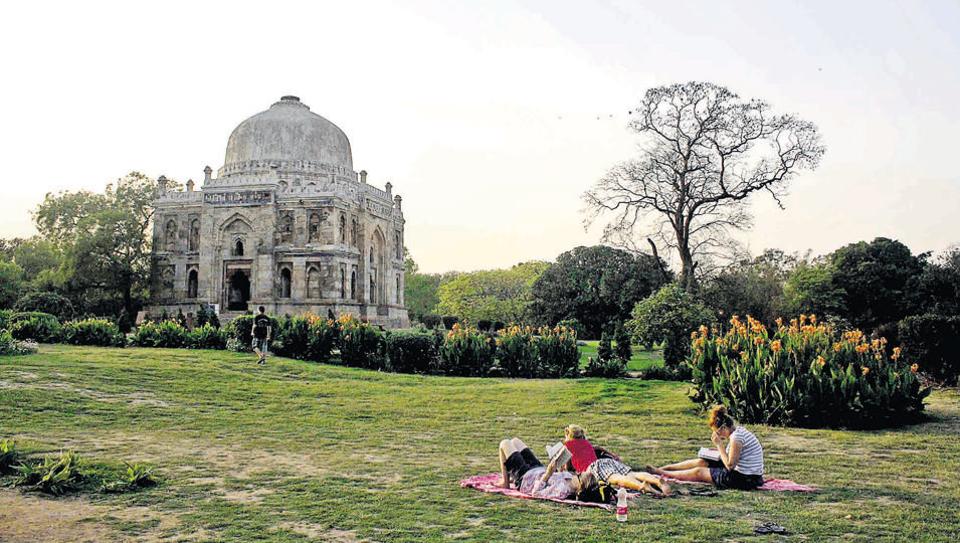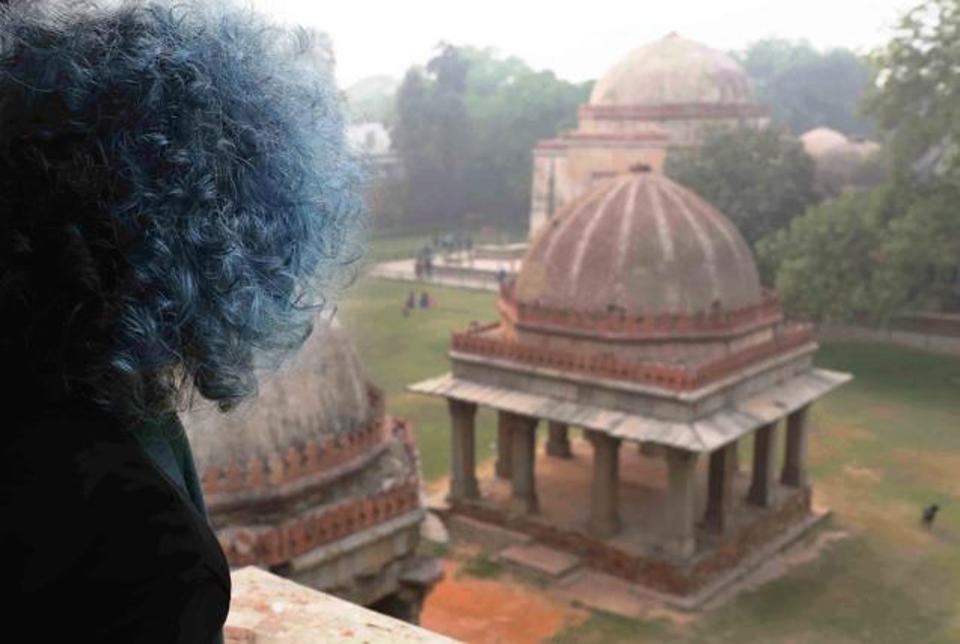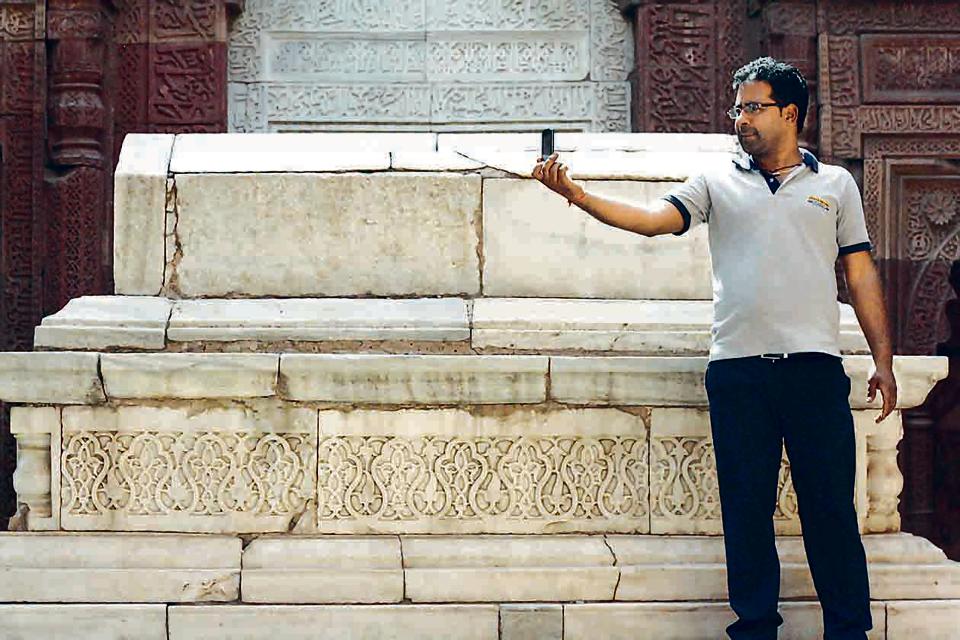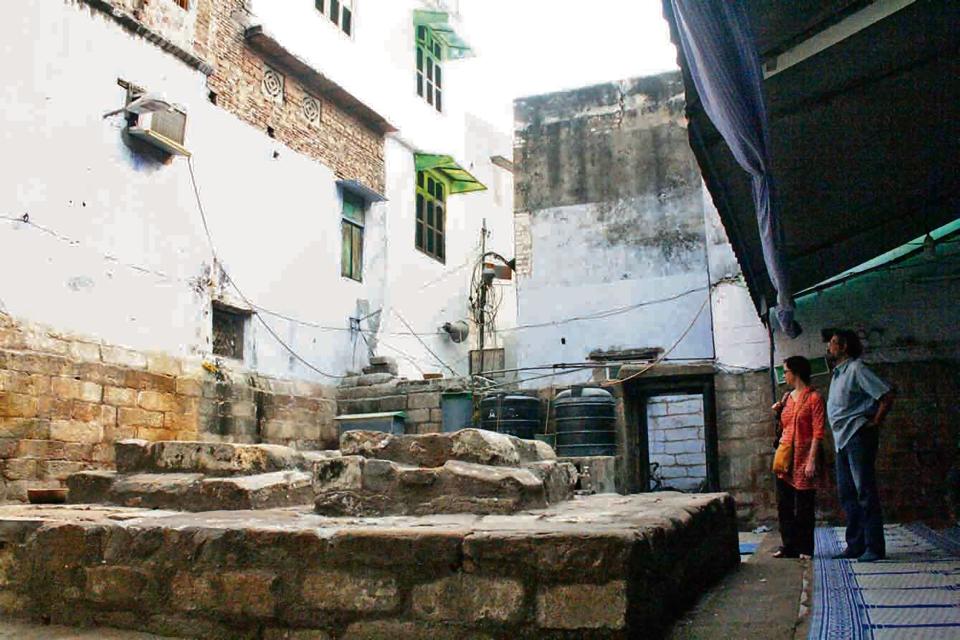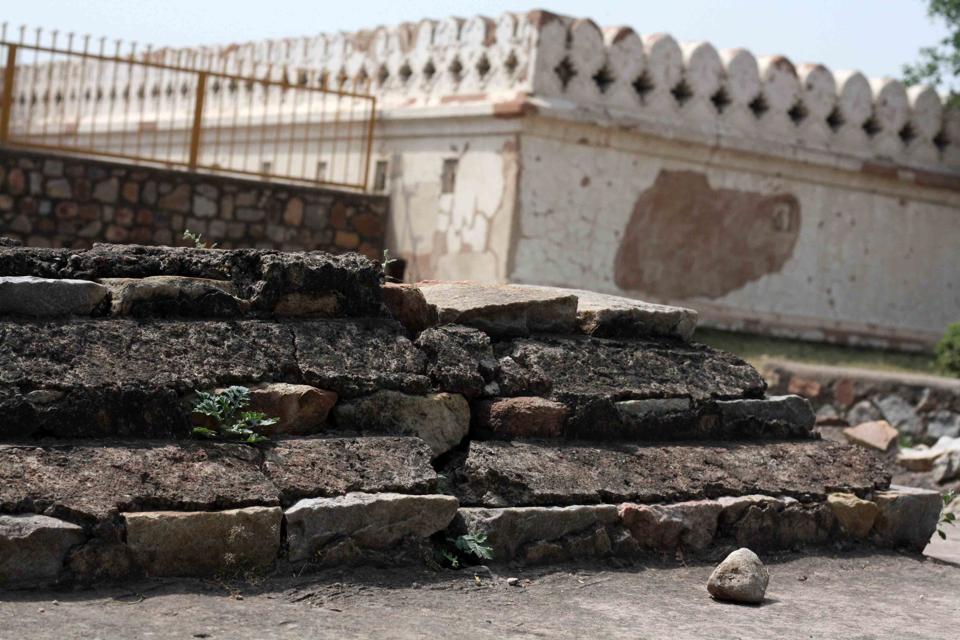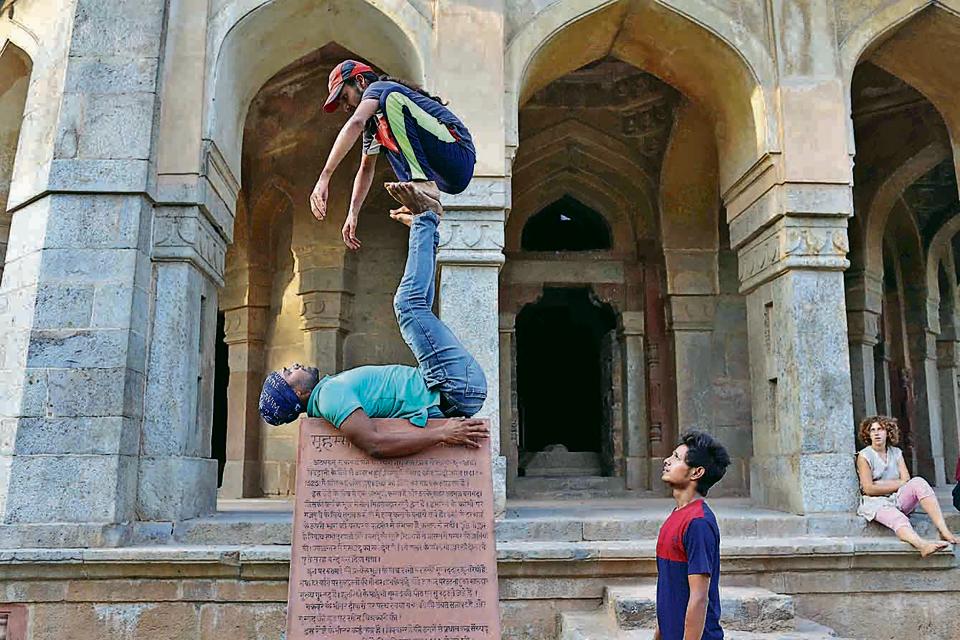Gopalganj District, BIHAR :
Besides Razia Sultana, 03 other Muslims have also qualified the coveted exam to become Deputy Superintendent of Police (DSP) in Bihar Police
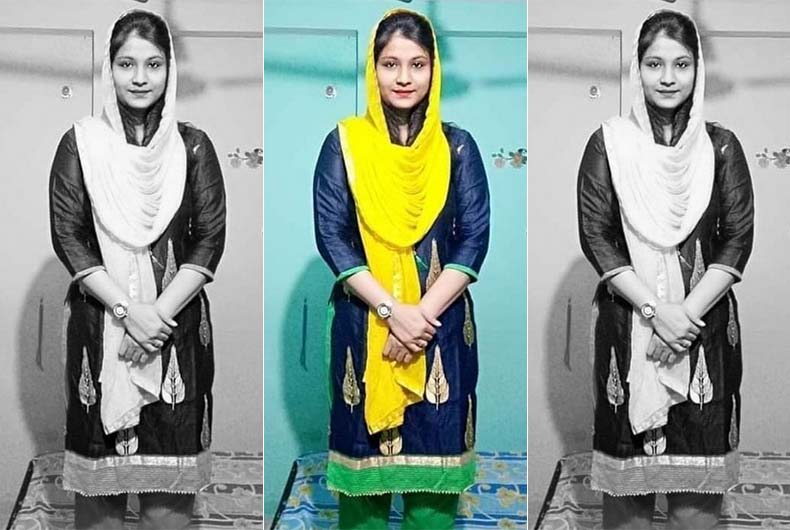
Patna:
Razia Sultana has become the first Muslim female from Bihar to become Deputy Superintendent of Police (DSP) in the state police department.
Razia Sultana, 27, cracked the Bihar Public Service Commission (BPSC) 64th Combined Competitive Exam (CCE) in her first attempt and was recommended for the post of Deputy Superintendent of Police (DSP).
Raziya Sultana originally hails from Gopalganj district of Bihar. Daughter of Mohammad Aslam Ansari, a stenographer at Bokaro Steel Plant who died in 2016, Razia Sultana completed her education from Bokaro in Jharkhand and Rajasthan.
A total of 1,454 candidates have qualified Bihar Public Service Commission (BPSC) 64th Combined Competitive Exam (CCE) result of which was declared on Sunday June 6, 2021.
“04 Muslims become DSP”
Of them a total of 28 candidates have been selected for Bihar Administrative Service, 40 for Bihar Police Service, 10 for Bihar Finance Service (Commercial Tax Officer), 02 for Jail Superintendent and 8 for Sub Registrar/Joint Sub Registrar.
Besides Raziya Sultana, 03 other Muslims have also qualified the coveted exam to become Deputy Superintendent of Police (DSP) in Bihar Police. They are: Mohammed Adil Belal, Faisal Raza and Mohammad Shahnawaz Akhtar.
“No Gender Discrimination”
While preparing for the Bihar Public Service Commission (BPSC) exam, Razia Sultana was working as Assistant Engineer at local electricity department.
Razia had passed the 12th board exams from Bokaro and later graduated from Jodhpur in Rajasthan and earned a degree in Electrical Engineering.
“Besides other things, there was no gender discrimination vis-à-vis education and learning in my family. This is why my mother had no objection when I got admission in a Jodhpur college to complete my graduation”, Razia said while sharing her success mantra.
source: http://www.ummid.com / Ummid.com / Home> India> Education & Career / by ummid.com News Network / June 09th, 2021
